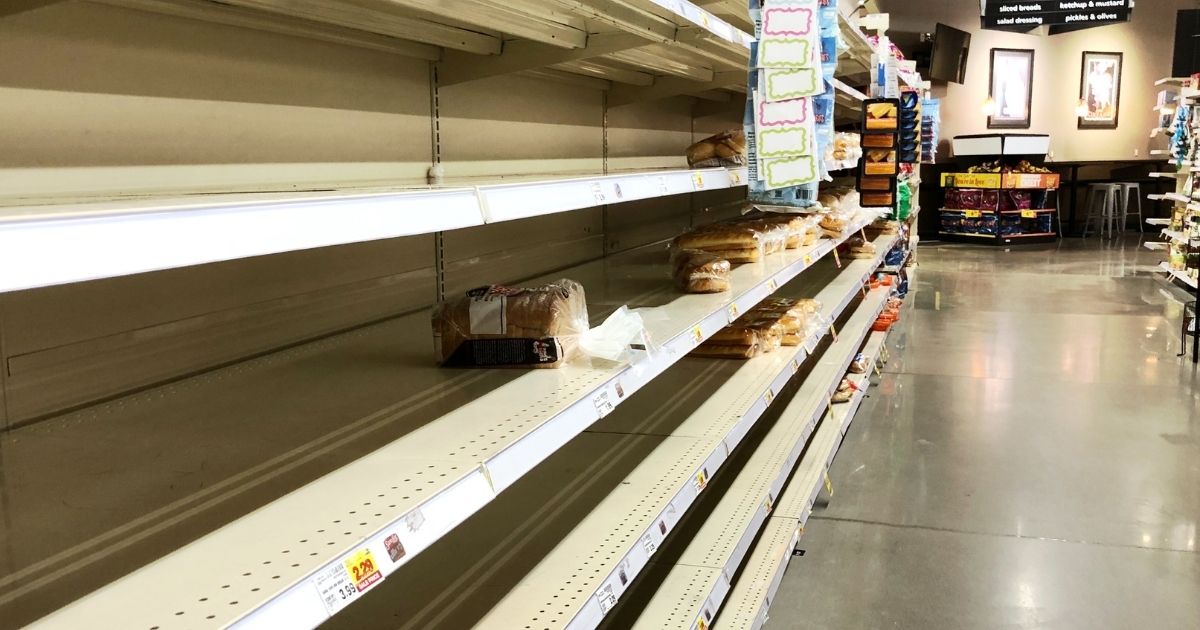The world could have as little as 10 weeks left in its global stockpiles of wheat, according to one food expert.
Last week, Sara Menker, the CEO of Gro Intelligence, addressed the United Nations Security Council on the issue of global food insecurity. A transcript version of her comments was included on the agency’s website.
Menker said existing data shows that governments are overly optimistic about food supplies.
“Official government agency estimates from around the world put wheat inventories at 33 percent of annual consumption. Verifiable data from public and private sources that we as a company organize and then build statistical models to connect the dots between in our platform show that global wheat inventories are in fact closer to 20 percent, a level not seen since the financial and commodity crisis of 2007 and 2008,” she said.
“We currently only have 10 weeks of global consumption sitting in inventory around the world. Conditions today are worse than those experienced in 2007 and 2008.”
“Similar inventory concerns also apply to corn and other grains. Government estimates are not adding up,” she continued.
Menker noted that the issue runs deeper than Russia’s war with Ukraine.
“[T]he Russia-Ukraine war did not start the food security crisis. It simply added fuel to a fire that was long burning. A crisis we detected tremors from long before the COVID 19 pandemic exposed the fragility of our supply chains,” she said.
“I share this because we believe it’s important for you all to understand that even if the war were to end tomorrow, our food security problem isn’t going away anytime soon without concerted action.”
In separate comments last week, David Beasley, executive director of the World Food Program, said the world faces “an unprecedented crisis,” according to WMUR-TV.
Beasley said 49 million people in 43 nations are “knocking on famine’s door.”
Political destabilization often follows extreme hunger, he said.
“We are already seeing riots and protesting taking place as we speak — Sri Lanka, Indonesia, Pakistan, Peru,” he said. “We’ve seen destabilizing dynamics already in the Sahel from Burkina Faso, Mali, Chad. These are only signs of things to come.”
Bank of England Governor Andrew Bailey last week said “apocalyptic” food price increases could be possible.
“Ukraine does have food in store, but it can’t get it out at the moment,” he said, according to the Telegraph. “That is a major worry. It is not just a major worry for this country; it is a major worry for the developing world.”
During her U.N. presentation, Menker noted that no nation is immune from the impact of a global food crisis.
“[I]n the United States, the most self-sufficient country globally, a consumption-weighted basket of food — a grocery basket — has doubled in price since April of 2020,” she said.
This article appeared originally on The Western Journal.
























